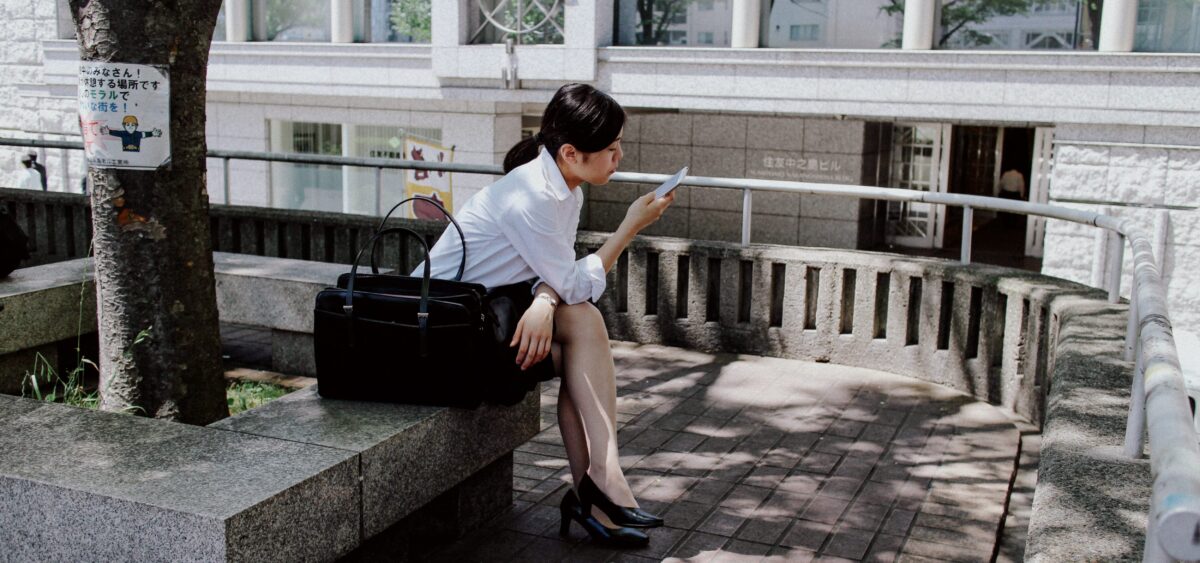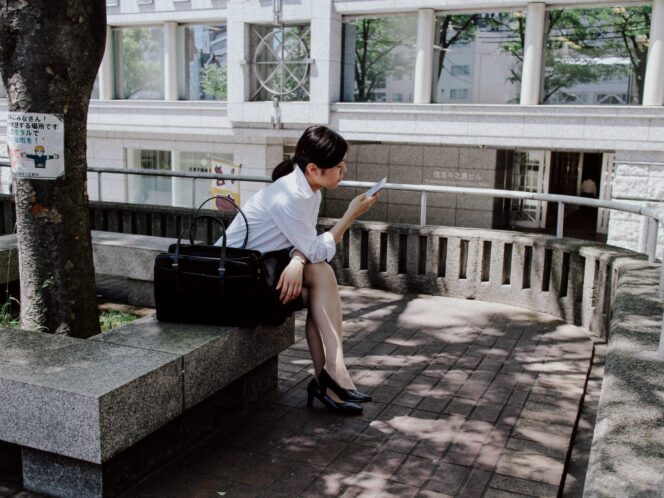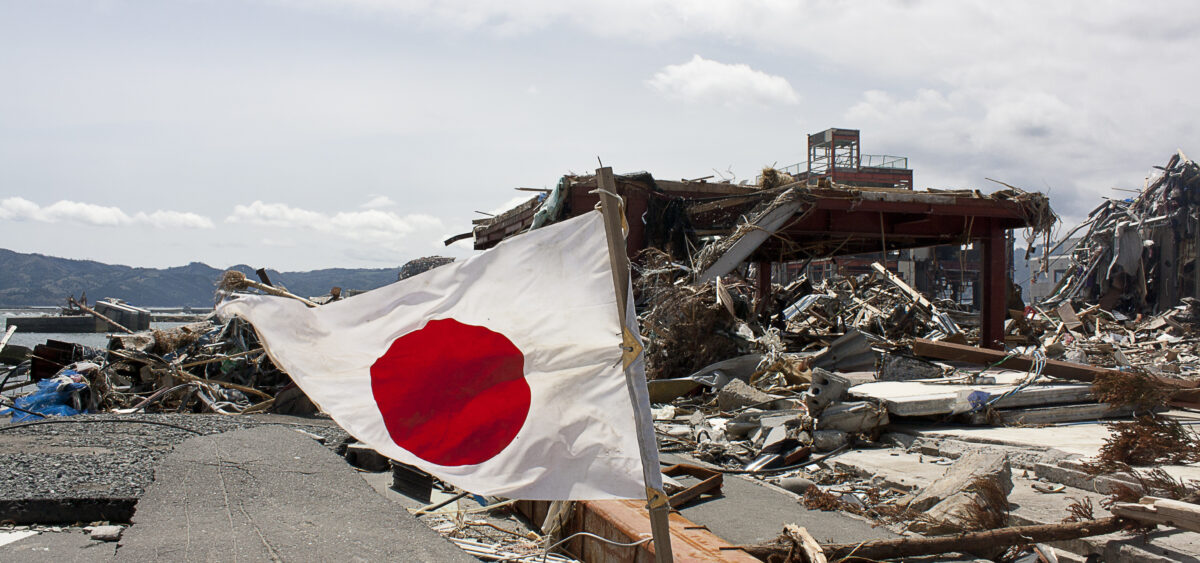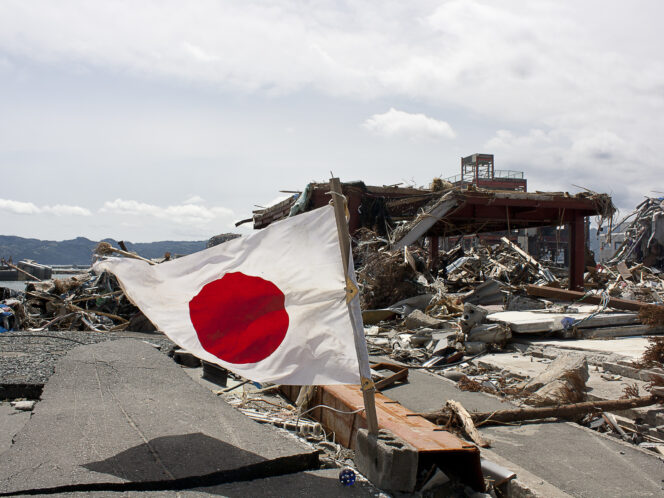
Japanese youth prefer not to think about the future. All the realistic scenarios look very much dystopian and are a depressing forecast for the world. But a lack of different perspectives has taught them one thing – they really do live in the moment. In the spring, young Japanese people have no time for romance. Slim men tie their narrow ties, iron their white shirts, pack documents in black briefcases and – almost identical, perfectly blended-in – go on a hunt. Or rather, they hope to be hunted. Shūkatsu, the ritual spring job-market hunt, is the time of a multi-levelled recruitment process. First, pilgrimages to job fairs, organized by large companies. It’s good to show up and express your interest. Then applications. After that, a maths test and essay writing. Those who manage to emerge victoriously are faced with the actual steep slope: the interview stage.
The search for the right job is crucial because your whole life depends on it – literally. Which is why graduates of Japanese universities apply for jobs in several dozen various companies at the same time. The competition is fierce, and the stakes are as high as they can possibly get. Only a small group will manage to get stable, prestigious and well-paid employment; the kind that allows them to even start thinking about the future. During the spring recruitment fairs, the doors to the best corporations, media companies, law firms, advertising agencies and banks crack open. Whoever slides their foot in will join an esteemed circle, but won’t get to take a breather. It is the beginning of an intense and taxing professional life, filled with sacrifice, overtime and pressure. But those who are left outside will be faced with an even more challenging fate: uncertain and poorly-paid jobs, good enough to survive, but socially disqualifying. Without a good job, there’s no hope for a home and family, not to mention having any dreams. And permanent, lifelong employment – not only in Japan, but all over the world – is becoming increasingly harder to come by. More and more professions look like patches to cover frayed ambition. People often have to juggle two or three jobs in order to live in a city and pay off their student loans. According to the World Bank in 2019, a little over 8% of Japanese people live in rural areas, and housing – either buying or renting property – accounts for the highest life-cost.
Japanese youth, just like other new generations all over the globe, will largely have to expect to become the precariat. The future that awaits them is brittle, rocky, devoid of any hope for fulfilment and certainty. This perspective weighs especially heavy on the shoulders of a society that’s not keeping up with the economic reality, still wearing the corset of expectations from a bygone era. Since the end of World War








